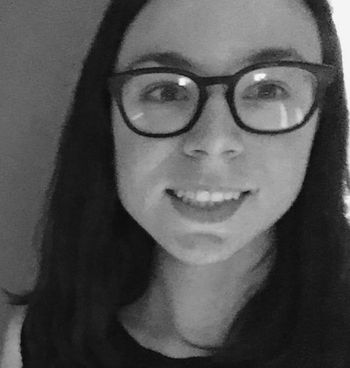Prof: Valuing ‘emotion as knowledge’ fights 'white identity'
A professor at the University of New Mexico (UNM) has called for professors to value “emotion as knowledge” to fight white supremacy and promote social justice.
Writing in the journal Whiteness and Education, UNM Research Assistant Professor Hope Kitts argues that “valuing emotion as knowledge” is a key way professors can promote social justice, especially if and when students are made to feel “uncomfortable.”
Making students uncomfortable is a key strategy during the process of “interrogating whiteness” and “deconstructing hegemonic white identity,” she writes, asserting that the approach could be carried out in any class, regardless of subject matter.
“To begin to discuss critical race concepts on whiteness, it is first necessary to explore the dynamics of naming the problem, calling racism white supremacy, since, as Leonardo writes, ‘racism is a white problem,’” Kitts contends. “If the power of dominant ideology, in this case whiteness, rests in its invisibility and anonymity, identifying it and discussing it are initial steps towards its perception and subsequent deconstruction.”
[RELATED: Profs say classroom ‘civility’ promotes ‘white racial power’]
“Teachers interrogating whiteness critically must value emotion, particularly discomfort, and eschew the idea of a ‘safe space,’” she argues, adding that students “should all expect to be uncomfortable at times.”
Despite her emphasis on discomfort, though, Kitts is quick to note that she isn’t “advocating sadism or masochism.” In fact, she argues that this approach “can seek in-roads through less direct, aggressive routes” compared to other strategies of addressing whiteness with students.
Kitts also recommends that students sit in a circle when talking about whiteness, since doing so “forges community through confrontation, and disrupts the traditional performance of unequal power dynamics between teacher and student.”
[RELATED: Academic: Teachers must prevent ‘assimilation’ of ‘whiteness’]
By encouraging discomfort in white students, Kitts hopes they will eventually develop “a white identity that itself is critical of whiteness,” which she considers necessary for the eventual dismantling of white supremacy.
Kitt’s article, “Speaking the unspeakable: the role of speech in in a pedagogy of critical whiteness,” was published in the recent issue of Whiteness and Education. Edited by United Kingdom-based academics Nicola Rollock and David Gilbourn, the journal has been embroiled in longstanding concern about the depth of its peer-review process.
As Campus Reform has reported, many of the journal’s articles have been accepted for publication within two or three days of submission, leading academic experts to speculate over whether the journal has a faulty or even non-existent peer-review process.
[RELATED: ‘Whiteness’ journal returns from mysterious hiatus]
Both Gillborn and Rollock have failed to respond to inquiries on whether the journal actually has a peer review process, and all 21 members of the editorial board have declined to comment to Campus Reform, as well.
Other recent articles published by Whiteness and Education include one on “confronting whiteness in a sea of whiteness,” and another on how “white power passes through the bodies of people of colour in higher education,” which suggested that helping white male athletes reinforces white supremacy.
Campus Reform reached out to Hope Kitts for comment, but did not receive a response in time for publication.
Follow the author of this article on Twitter: @Toni_Airaksinen

